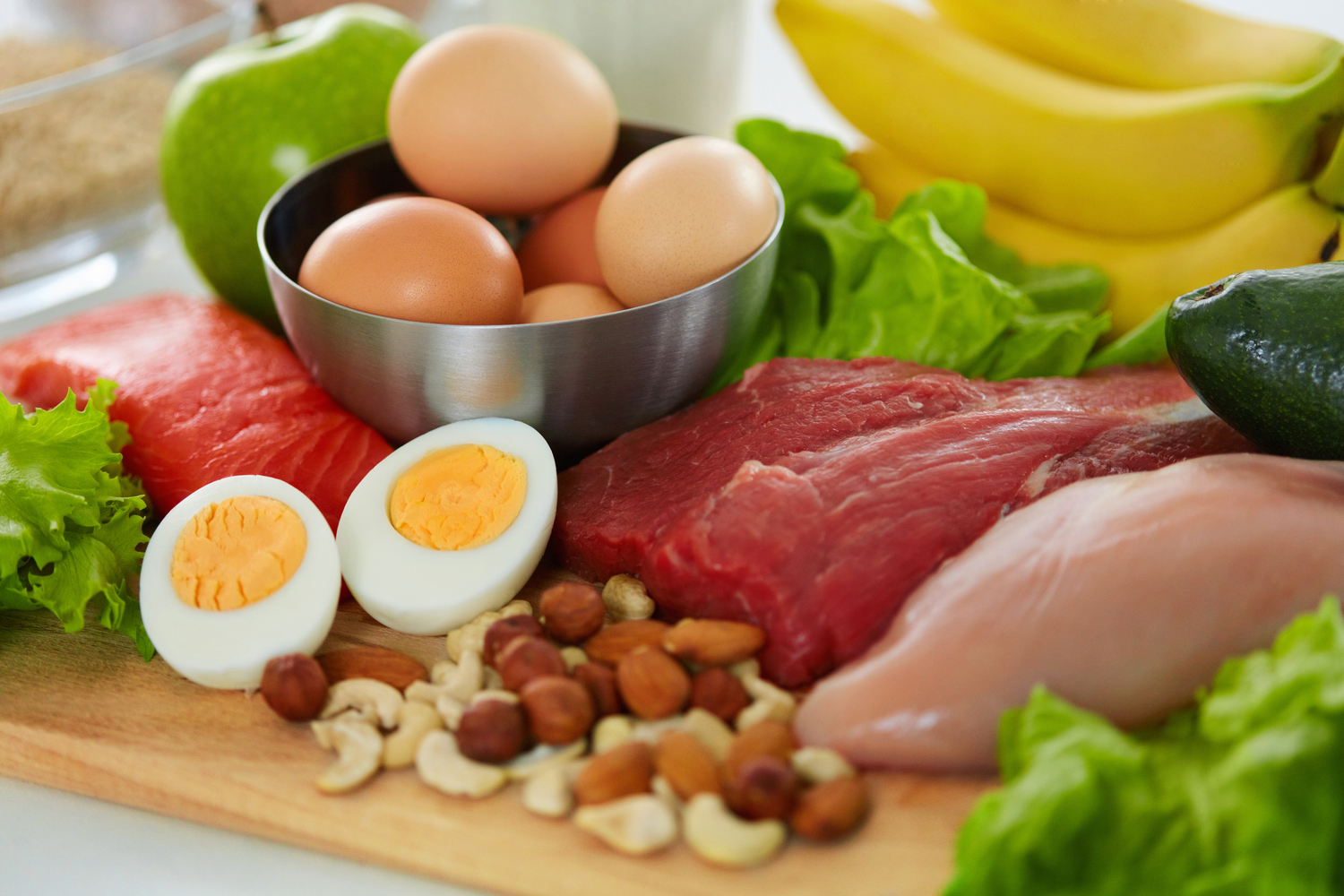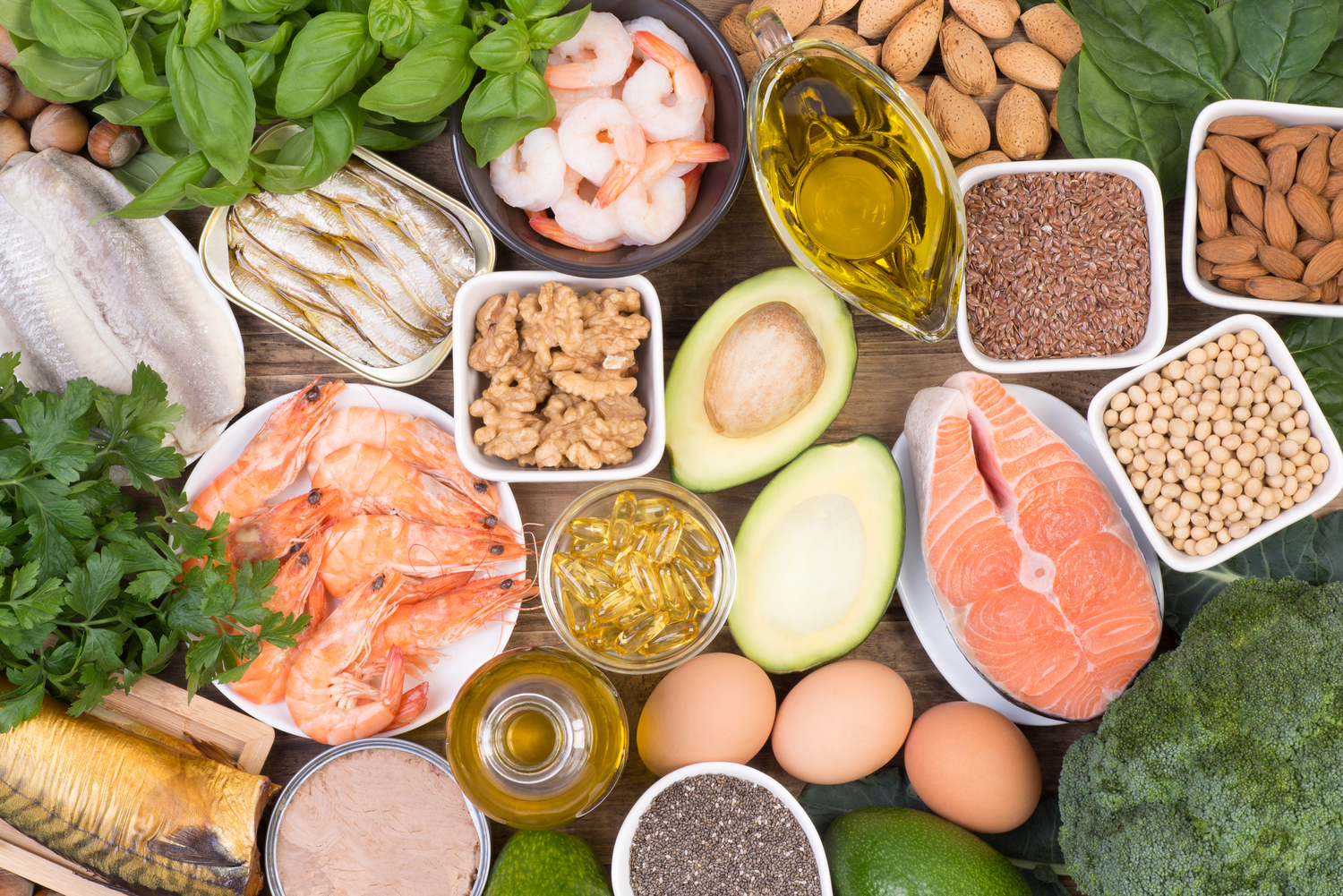Essential Nutrients and Foods to Support Women Through Menopause
This comprehensive guide highlights essential nutrient-rich foods that support women during menopause. Foods like broccoli, salmon, soy, yogurt, and oatmeal are detailed for their specific health benefits such as bone strength, hormonal balance, and cardiovascular support. Adopting a diverse, nutrient-dense diet helps manage menopausal symptoms and promotes long-term health. Learn how to incorporate these foods into daily meals for better well-being during this life transition, ensuring vitality, resilience, and improved quality of life.

Essential Nutrients and Foods to Support Women Through Menopause
Menopause is a significant transition in a woman's life, often accompanied by a variety of symptoms that can affect daily living and overall health. Common signs include hot flashes, night sweats, skin dryness, mood fluctuations, sleep disturbances, and weight changes. Beyond these immediate symptoms, menopause can also significantly impact long-term health, increasing risks for osteoporosis, cardiovascular diseases, and metabolic disorders. Therefore, adopting a well-balanced, nutrient-rich diet becomes essential during this phase to mitigate symptoms, promote hormone balance, and support overall wellness. In this comprehensive guide, we explore some of the most beneficial foods for women navigating menopause, emphasizing their health benefits and how to incorporate them into daily meals.
Maintaining proper nutrition during menopause is more than just managing immediate discomfort; it's about laying a foundation for longevity and better quality of life. Consuming foods rich in calcium, fiber, healthy fats, and phytoestrogens can help address common menopausal concerns like bone density loss, weight gain, and hormonal imbalance. Incorporating a variety of vegetables, fatty fish, soy products, dairy, and whole grains can provide the necessary nutrients to support the body's changing needs. Let's delve into some of these key foods and understand their specific roles in menopausal health management.
Broccoli: A Nutritional Powerhouse
Among the wide variety of vegetables, broccoli emerges as a standout superfood for women during menopause. Rich in calcium, dietary fiber, and antioxidants, broccoli plays a vital role in supporting bone health, reducing cholesterol, and promoting digestive wellness. The presence of plant-based compounds like sulforaphane offers anti-inflammatory benefits, which can alleviate some menopausal symptoms such as joint pain and fatigue. Regular consumption can help regulate weight and reduce bloating, which are common concerns during menopause. Incorporating broccoli into salads, stir-fries, and steamed dishes ensures a steady intake of these vital nutrients, contributing to increased resilience during this transitional phase.
Salmon: A Source of Heart and Bone Health
Salmon stands out as one of the most beneficial fatty fish for menopausal women. It is packed with omega-3 fatty acids, essential for reducing inflammation, supporting brain health, and protecting against cardiovascular diseases—risks that increase after menopause. Additionally, vitamin D present in salmon enhances calcium absorption, which is crucial for maintaining strong bones and preventing osteoporosis. Regular intake of salmon, whether grilled, baked, or poached, can also help manage night sweats and mood swings by supporting hormonal stability. Its versatile flavor makes it a favorite for those seeking nutritious, delicious meals that promote longevity and vitality during menopause.
Soy: Phytoestrogens for Hormonal Balance
Soy-based foods such as tofu, soy milk, edamame, and soy nuts are rich sources of phytoestrogens—plant compounds that mimic estrogen activity in the body. During menopause, when estrogen levels decline, consuming soy can help alleviate hot flashes, night sweats, and mood swings by supplementing hormonal activity naturally. The fiber contained in soy also benefits digestive health and contributes to weight management, serving as a healthy replacement for red meats and processed foods. Incorporating soy into daily diet routines can empower women to manage symptoms effectively while benefiting from its heart-healthy properties, making it a vital part of menopausal nutrition strategies.
Yogurt: A Bone and Gut Health Ally
Yogurt is renowned for its high calcium and vitamin D content, both essential nutrients for maintaining bone density and preventing osteoporosis—a common concern post-menopause. The probiotics found in yogurt support a healthy gut microbiome, enhance immune function, and can even improve skin health. Regular consumption, especially in the form of plain Greek yogurt, helps sustain bone health, eases digestion, and boosts overall vitality. Including yogurt in breakfast routines, smoothies, or healthy snacks can provide a daily nutritional boost, helping women feel energized and resilient during menopause.
Oatmeal: A Heart-Healthy Staple
Whole grain oatmeal is an excellent source of dietary fiber, which promotes satiety, stabilizes blood sugar levels, and reduces cholesterol. Replacing refined carbs with oatmeal supports cardiovascular health, a major concern after menopause, and contributes to weight management by preventing overeating. The slow-digesting nature of oats helps control blood sugar spikes, reducing the risk of metabolic disorders such as diabetes. Incorporating oatmeal into breakfast—via porridge, overnight oats, or ingredient blends—can improve digestion, aid in weight control, and foster overall well-being. Its versatile nature allows women to enjoy a variety of flavors and nutritional benefits, helping them navigate menopause with strength and vitality.





